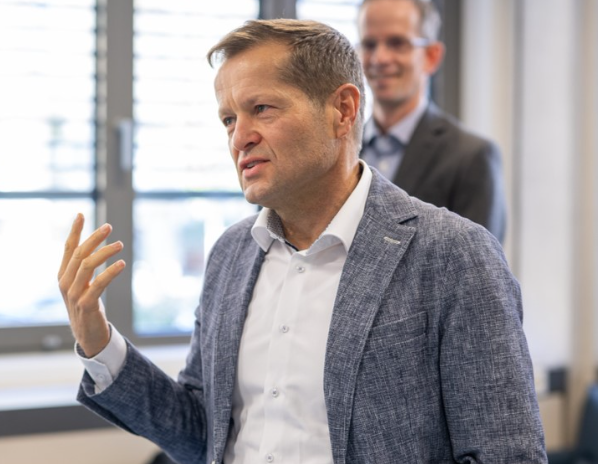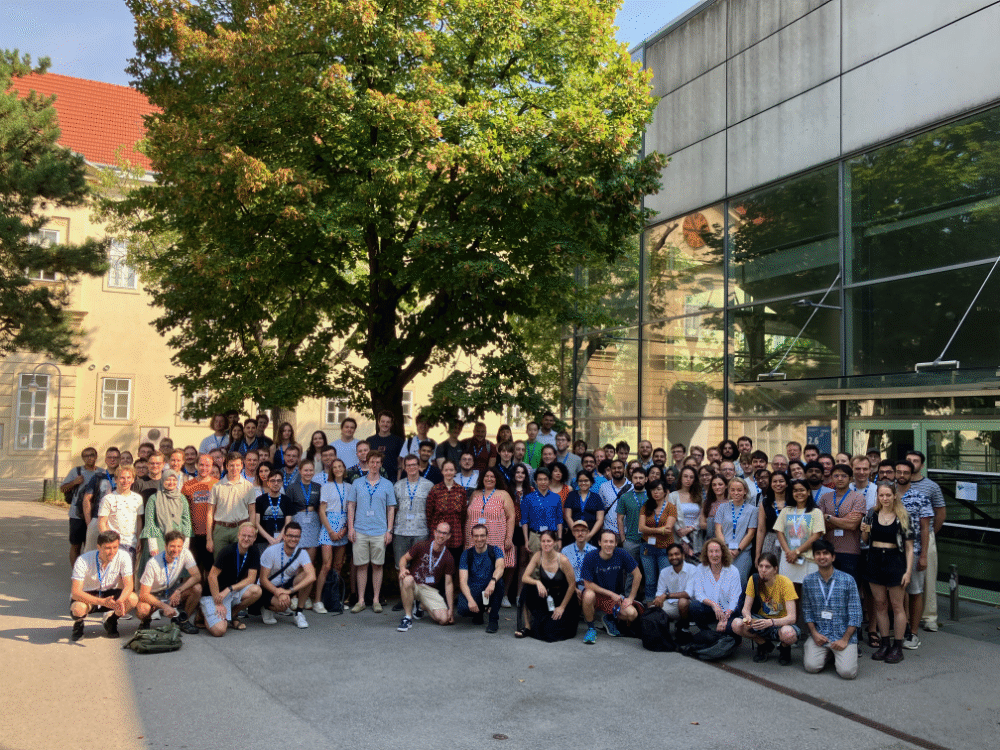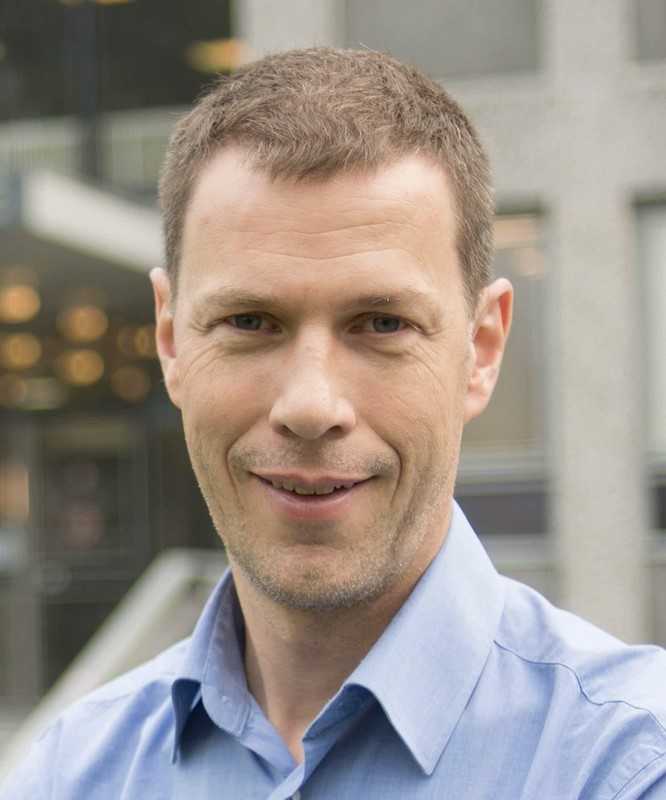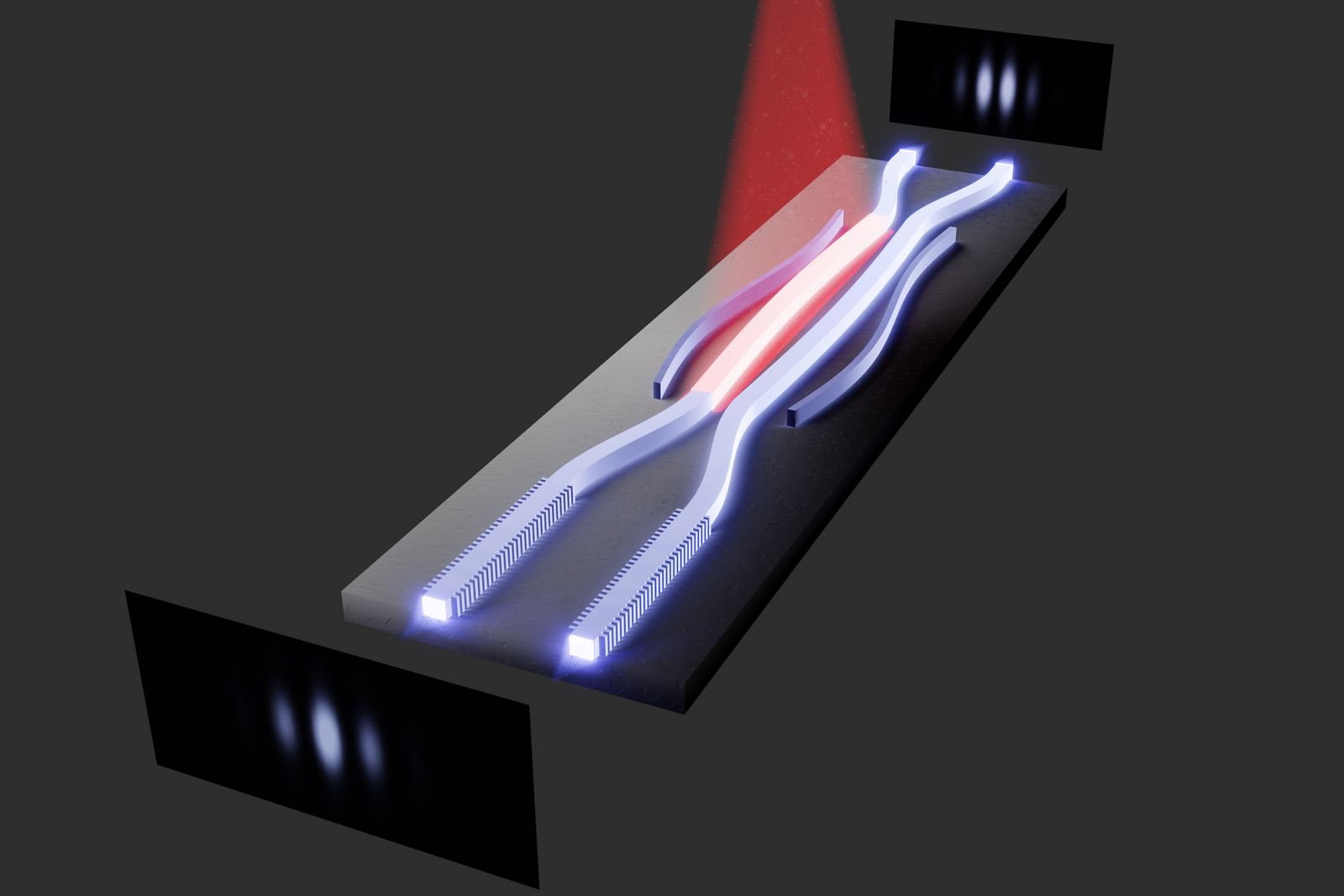Electrons and light waves – together against diseases
PHOTONICS as FUTURE TECHNOLOGY
At this event organised by the Faculty of Electrical Engineering and Information Technology together with the OVE, the Nobel Prize winner in Physics, Ferenc Krausz, will offer an exciting insight into this current topic.
At the beginning of the new millennium, “attosecond photography” was developed at the Vienna University of Technology. Now, for the first time, it was possible to generate attosecond flashes by controlling light oscillations and to use these new tools to track and control the fastest phenomena in nature: the movement of electrons and their interaction with light waves. An exciting foray into previously inaccessible dimensions of space and time. Quantum phenomena, such as the tunnelling of electrons and oscillations of atomic antennas, as well as fundamental phenomena of classical physics, such as the oscillation of light waves, became accessible to human observation.
Attosecond physics and its innovative laser technologies open up completely new avenues for science, technology and medicine in the 21st century. These include the prospect of electronics that are hundreds of thousands of times faster and cost-effective monitoring of human health.
We are glad to present
Waseem Bakr
Princeton University
Monday, 27 May 2024 at 17:30
Helmut Rauch Lecture Hall, Atominstitut TU Wien (Stadionallee 2, 1020 Wien)
Many-body physics with ultracold gases of atoms and molecules
Understanding emergent behaviors in strongly interacting quantum systems is a frontier area of condensed matter physics. However, simulations of quantum many-body systems on classical computers are not scalable beyond a few dozen particles. This motivates the development of quantum simulators, highly controllable analog quantum computers specifically designed to study certain types of problems in condensed matter physics. I will present an overview of quantum simulation with ultracold gases of atoms and molecules, discussing examples relevant for understanding phenomena that occur in real materials, and others that explore completely novel regimes inaccessible in the solid-state. In particular, I will focus on advances enabled by the introduction of microscopy techniques that probe ultracold gases at the single-particle level and reveal the rich quantum correlations present in these systems.
Host: Julian Leonard (ATI, TU Wien)
For further information and a Zoom link please visit: https://vcq.quantum.at/colloquium-ss-24/
Program
17:00 Get-together with coffee and snacks!
17:30 VCQ Student talk
17:45 VCQ Colloquium Talk
